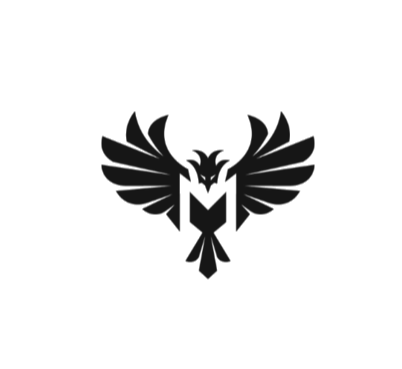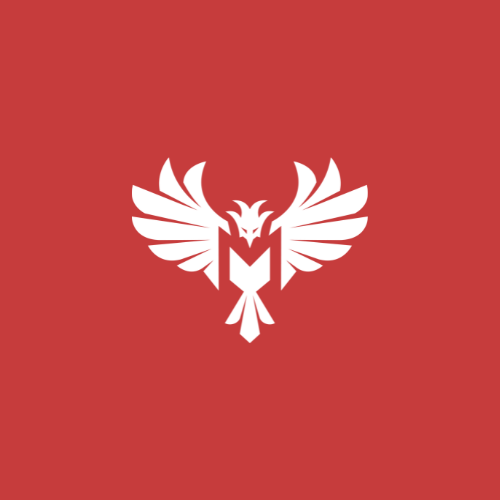What Does “Tekram” Mean in Lebanese Arabic?
The word “Tekram” (تِكرَم) comes from the Arabic root “karam” (كرم), meaning generosity, kindness, or honor.
It literally means “May you be honored”, a way of saying “you’re welcome,” “my pleasure,” or “of course.”
It’s often used to show willingness, respect, or hospitality. When a Lebanese person says tekram, they mean:
“It’s my pleasure.”
“You deserve it.”
“Anything for you.”
How to Use “Tekram” in Everyday Life
Cultural tip: You’ll often hear Lebanese say “Tekram el sa3a!” when agreeing to do something for you, it literally means “May the hour be honored,” but it’s really “Anytime!”
Curious about other words you’ll hear daily? Check out Sho in Lebanese Arabic, another Lebanese favorite you’ll hear in every conversation.
Mini Dialogues Using “Tekram”
Dialogue 1:
A: Merci kteer! (Thank you so much!)
B: Tekram! (تكرم) → You’re welcome!
Dialogue 2:
A: Law sama7t, betjible el may? (Please, can you bring me some water?)
B: Tekram 3aynak! (تكرم عينك) → Anything for you!
The Culture Behind “Tekram”
In Lebanon, tekram isn’t just a polite word, it’s an attitude.
It reflects the country’s deep-rooted culture of hospitality, warmth, and respect.
Even when someone can’t actually help you, they might still say tekram out of courtesy, it’s a linguistic hug.
It’s used by everyone, friends, family, shopkeepers, and even government clerks 😅, because in Lebanese Arabic, kindness is the default tone.
Lebanese culture is filled with warm, expressive phrases like these, check out how to say Thank You in Lebanese Arabic.
It reflects the country’s deep-rooted culture of hospitality, warmth, and respect.
Even when someone can’t actually help you, they might still say tekram out of courtesy, it’s a linguistic hug.
It’s used by everyone, friends, family, shopkeepers, and even government clerks 😅, because in Lebanese Arabic, kindness is the default tone.
Lebanese culture is filled with warm, expressive phrases like these, check out how to say Thank You in Lebanese Arabic.
Other Lebanese Politeness Phrases You’ll Hear
These expressions work together to make Lebanese Arabic one of the warmest and most personal dialects in the world.
Common Mistakes Learners Make with “Tekram”
❌ Using it in the wrong gender form:
Tekrami 3aynak is wrong, you’re mixing masculine and feminine.
✅ Say Tekram 3aynak (to a man) or Tekram 3aynik (to a woman).
❌ Using it too formally:
Tekram is friendly, not something you’d write in an email or formal letter.
❌ Confusing it with “Tfaddal” (please):
Tfaddal is when you’re offering something.
Tekram is when you’re responding to someone’s request or thanks.
You’ll find more examples of pronunciation and grammar mix-ups in Common Mistakes Learners Make in Lebanese Arabic (and How to Avoid Them).
FAQs About “Tekram”
Is “Tekram” the same as “You’re welcome”?
Yes, but it also carries warmth and generosity that “you’re welcome” doesn’t fully capture.
Can I say “Tekram kteer”?
Although it would made sense, but it is not common to say that.
What does “Tekram 3aynak” mean literally?
Literally: “May your eyes be honored.” Figuratively: “Anything for you.”
Is “Tekram” only used in Lebanon?
Mostly in Lebanon and the Levant (Syria, Jordan, Palestine).
Wrap-Up
Tekram is one of those words that defines Lebanon, kind, generous, and full of heart.
It’s more than “you’re welcome.” It’s a reflection of how Lebanese people care for each other in daily life.
Once you’ve learned tekram, explore other cultural expressions like Na3iman & Sahtein in Lebanese Arabic, phrases that make Lebanese Arabic feel truly alive.
👉 Ready to master more phrases like this? Download the Free Lebanese Arabic Starter Guide and get 150+ everyday expressions to sound natural and confident.


